
English Stuff is a blog about the English language, culture and history, and we often feature posts about idioms in English – idioms being those linguistic gems of expressions that frequently don’t have a direct translation into another language, and they are often rooted in an interesting origin or piece of unusual history.
But today we’re going to turn it around and look at idiomatic expressions from other countries that would make no sense at all if they were translated into English.
France

Photo courtesy of Openverse.
Idiom – pédaler dans le choucroute
Literal translation – to pedal in sauerkarat. ( If you don’t already know, sauerkraut is a fermented cabbage dish eaten on the continent, and would definitely be a slippery, hazardous surface to travel on )
Real meaning – to go round in circles and get nowhere
If it existed in English – I explained it to him several times, but I was pedalling in sauerkraut.
Idiom – avoir la patate
Literal translation – to have the potato
Real meaning – to be full of beans (obviously English kids are fed baked beans whilst French kids enjoy gourmet carbohydrate)
If it existed in English – I can’t control these kids, they’re full of potato today.
Idiom – Poner un lapin
Literal translation – to put up a rabbit
Real meaning – to stand someone up
If it existed in English – She was supposed to meet me for dinner, but she put up a rabbit and never showed up.
Germany

Photo Courtesy of Openverse.
Idiom – tomaten auf den augen haben
Literal Translation – to have tomatoes on your eyes
Real meaning – to be unaware of what’s happening around you
If it existed in English – She walked straight into a tree as she had tomatoes on her eyes.
Idiom – Wie eine beleidigte Leberwurst
Literal Translation – Like an offended liverwurst
Real meaning– someone who is offended very easily
If it existed in English – He acted like an offended liverwurst when I asked for his name.
Idiom – Es ist mir Wurst
Literal meaning – It’s sausage to me.
Real meaning – I don’t care one way or the other
If it existed in English – I’m not worrying about it, it’s all sausage to me.
Spain

Photo courtesy of RawPixel via Openverse.
Idiom – se me ha ido la olla
Literal Translation – my pan has gone
Real meaning – to lose your marbles
If it existed in English – I was so exhausted that my pan went.
Idiom – vete a freír espárragos
Literal Translation – go away and fry asparagus
Real meaning – Get lost
If it existed in English – He spoke to me rudely so I sent him away to fry asparagus.
Idiom – tela marinera
Literal Translation – material for sails
Real meaning – this is very complicated
If it existed in English – Solving this problem is a nightmare, like material for sails.
These are a tiny, hand-picked selection of the immense amount of idioms out there,and they exist in practically every language. Idioms may have different literal translations but we can all relate to the concepts they express. Idioms are an illiustation of how we feel about situations in life, no matter where we are or which language we speak.
Which one do you like the best?
Do you know any idioms from another language?





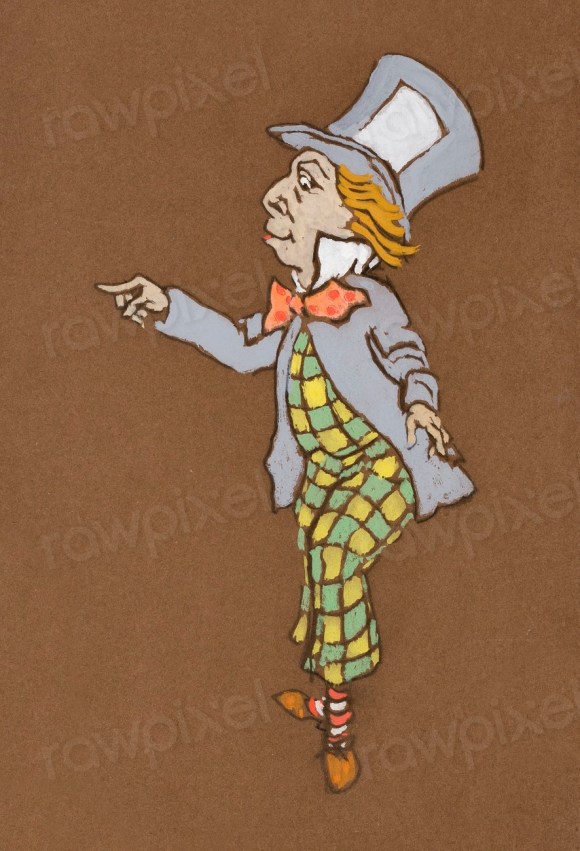






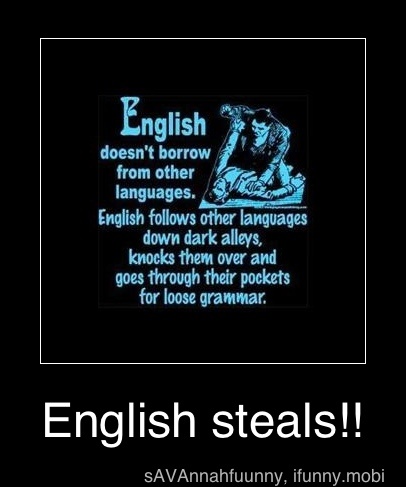

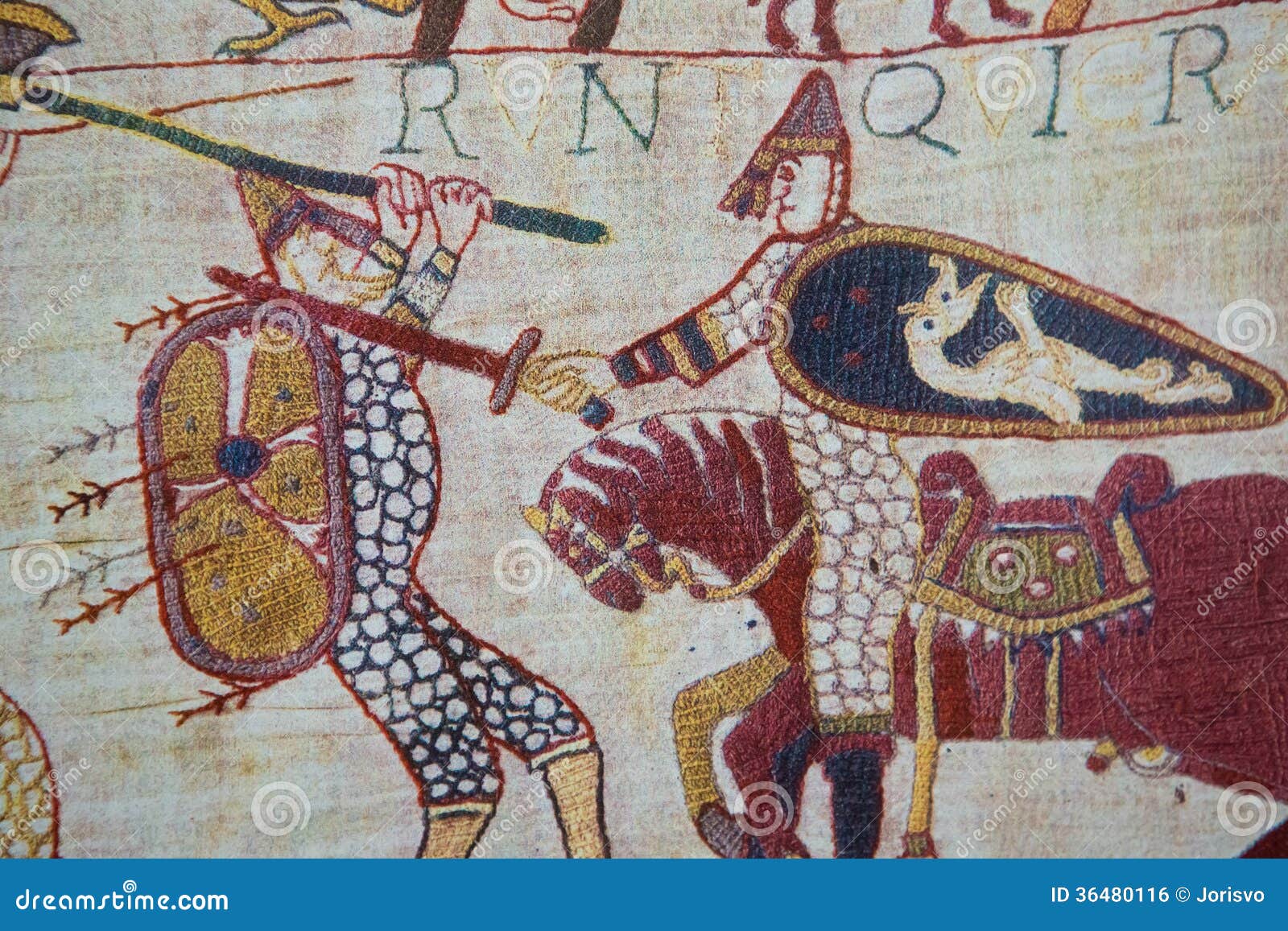













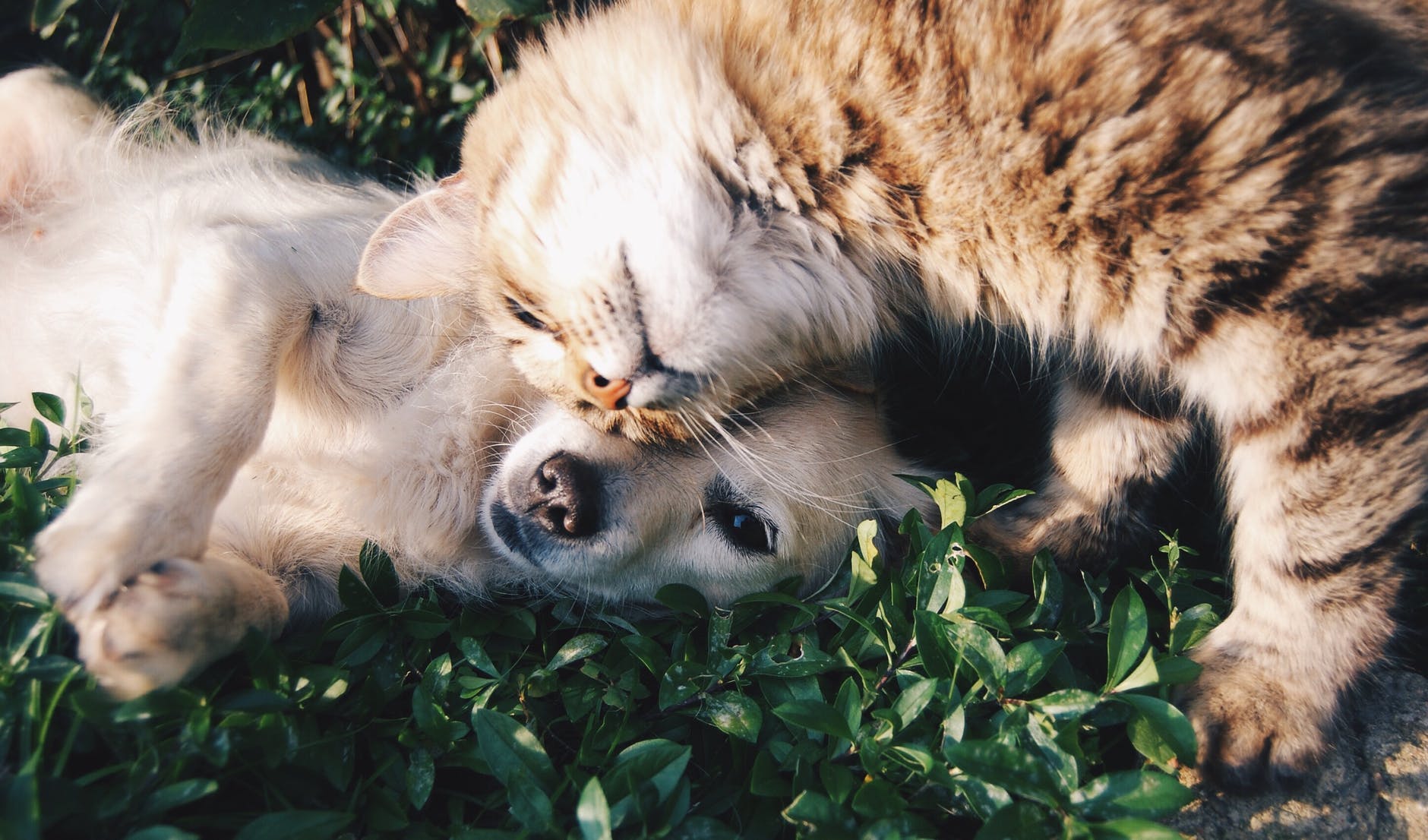




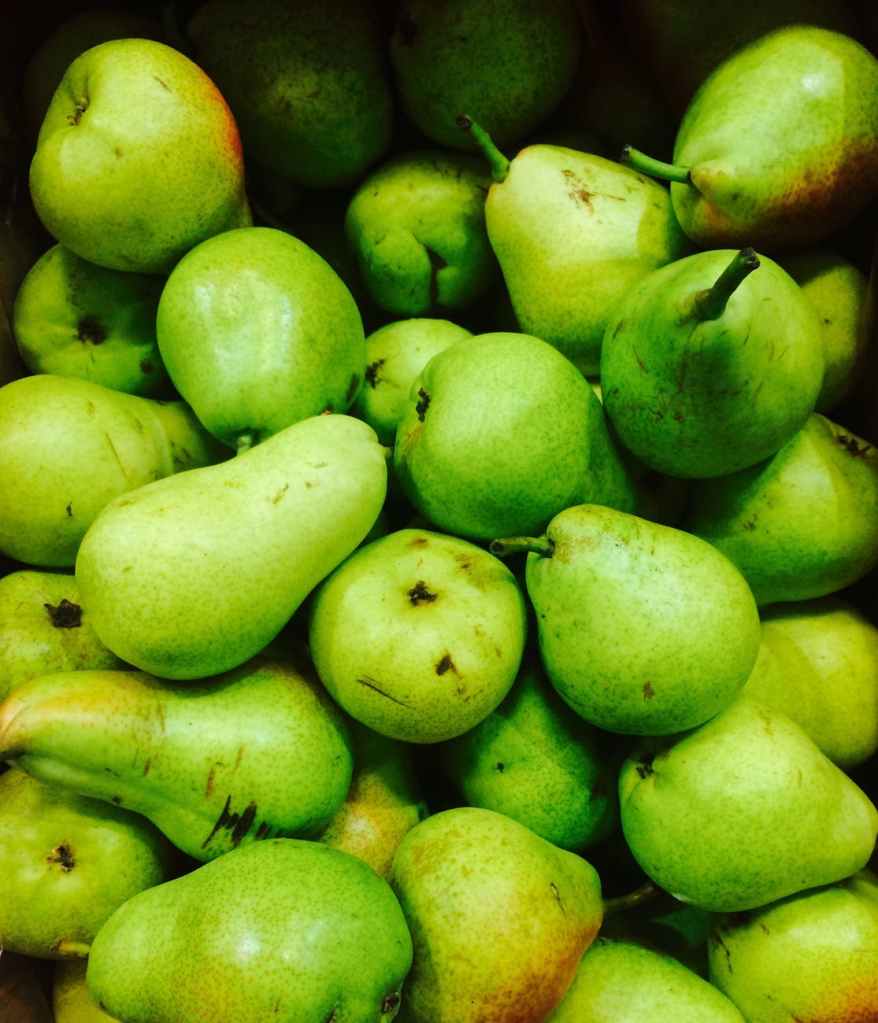

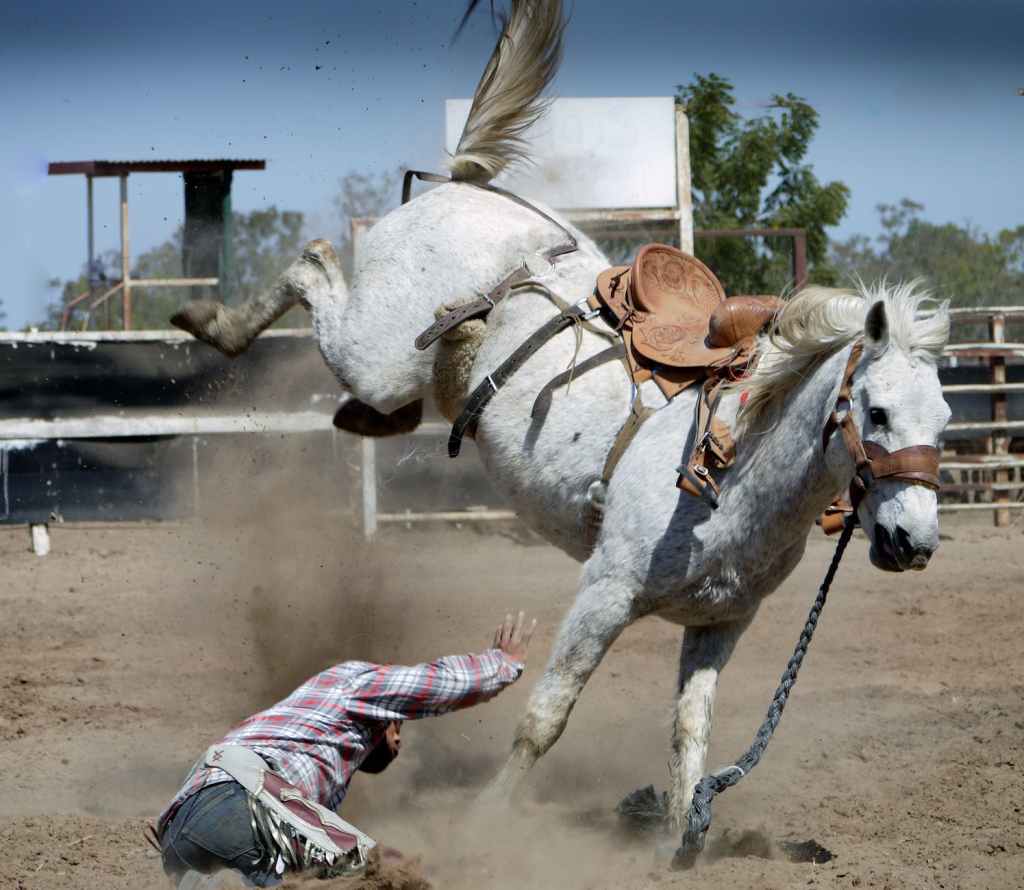










You must be logged in to post a comment.